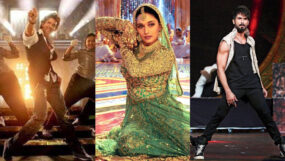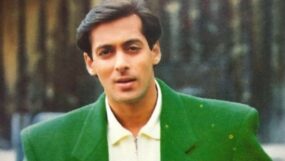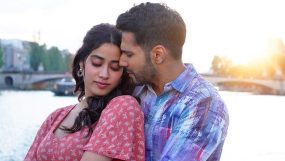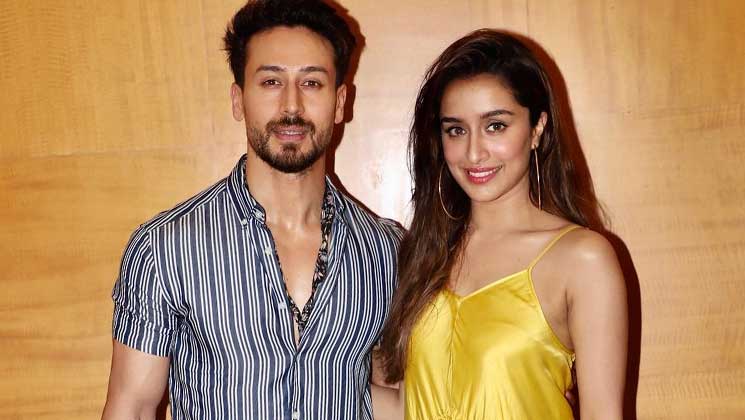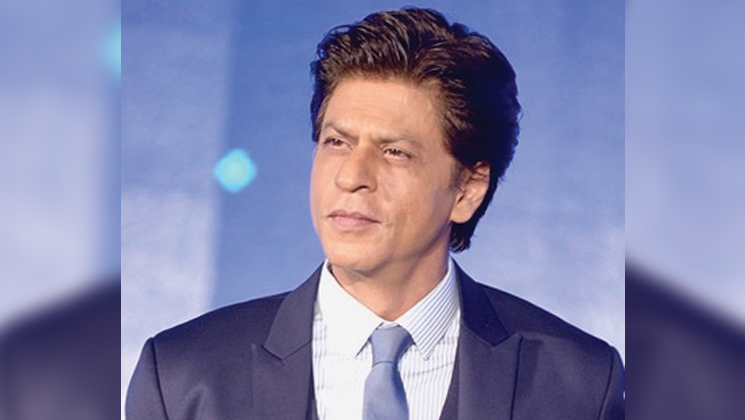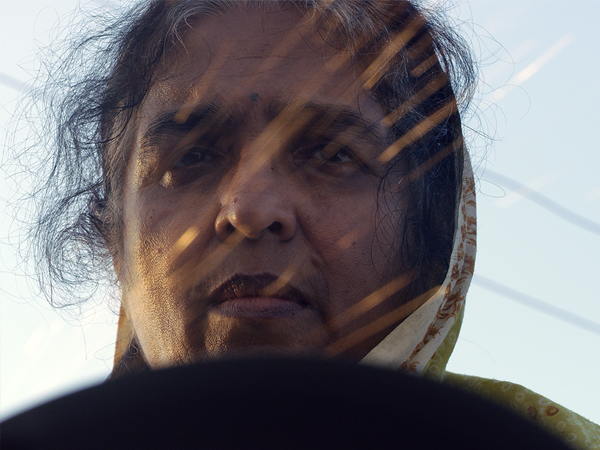
The lady who essayed the role of Savitribai Phule for more than 27 years in plays, has taken up the charge of enacting a role that emotes the distress of a grandmother whose 10-year-old granddaughter is brutally raped. Sushma Deshpande is the one to be the ‘Ajji’ who chooses her own path to fight against the crime in the film called ‘Ajji’. A nerve-wrecking film, but an eye-opener, indeed.
We got in touch with this ace actress and got her to share her experience over his film.
Excerpts from interview.
How did you land up in this project?
Devasish was searching people for his film and the process was going on. Somebody from theatre told him that talk to Sushma. I think think Abhishek called me who was looking after the casting of the film and he told me the story. When Devasish met me, I was a little shocked because he knew a lot about me. He did a lot of research on me. In that interview, what I had said, he knew everything. I told him that you are giving me some of my things that I have spoken in interviews. So we had a discussion over my theatre career and the book he had written. We had a chit-chat and by the end of the meeting he said ‘you are my Ajji’. It was so simple. No audition, no test, across the table he said ‘you are my Ajji’.
What was your reaction when you read the script of ‘Ajji’?
Devasish explained me the basic story in the first meeting itself so I knew what the character is about. Before saying you are my ‘Ajji’ he asked me one thing that will you cut meat? So I asked him if it is the demand of the film? He said, yes. So then I said yes I will cut meat. Then he sent me the script and I read the script. I could see the way he has written the script and small, small things that he wrote in the script, everything was clear. I then emailed to him that I would love to know the history of ‘Ajji. He mailed me back and gave 4-5 pages of history of ‘Ajji’. He said that it the history of ‘Ajji’ that I know, you can contribute. He knew the character deeply and it was fantastic.
As I am from theatre background, I also asked him whether he will take workshops? He then said even I need a workshop and that’s when I knew that we have tuned more than 100%.
How difficult was it to play two contrasting emotions in one film?
Anything to do is always difficult. You need to work it out to be more clear. I told Devasish that the characters has different layers and we need to work it out properly. I need to know those layers. So he said, yes we will do that in workshop. Devasish taught me one thing particularly in this film that think about the monologue of the character. When I was not talking, I was knowing my monologue. It helps you a lot. What she is thinking is something else, what she is talking is something else and that whole combination, what exactly is that. After workshops, me and Devasish sat for three hours and discussed all the monologues. All the things were clear by the time we started shooting.
Today ‘rape’ has become a common word, so do you think with ‘Ajji’, will invoke some sense of responsibility in masses?
The way Ajji thinks, it is not how Sushma thinks. Ajji has an economically backward family and there is nobody to help them. She is expecting police to do something and police is not coming to help. So she has come to that saturation point. She is very deeply attached with the child and she is enable see that. So she decides her path in a different manner. At a certain point, she understands that these people rape prostitutes too. It is not allowed to rape prostitutes. So she prepares herself to do something that she does in the film. Not every woman of society will do that. But I feel men should learn. They should start their learning process which I feel has not started in our country.
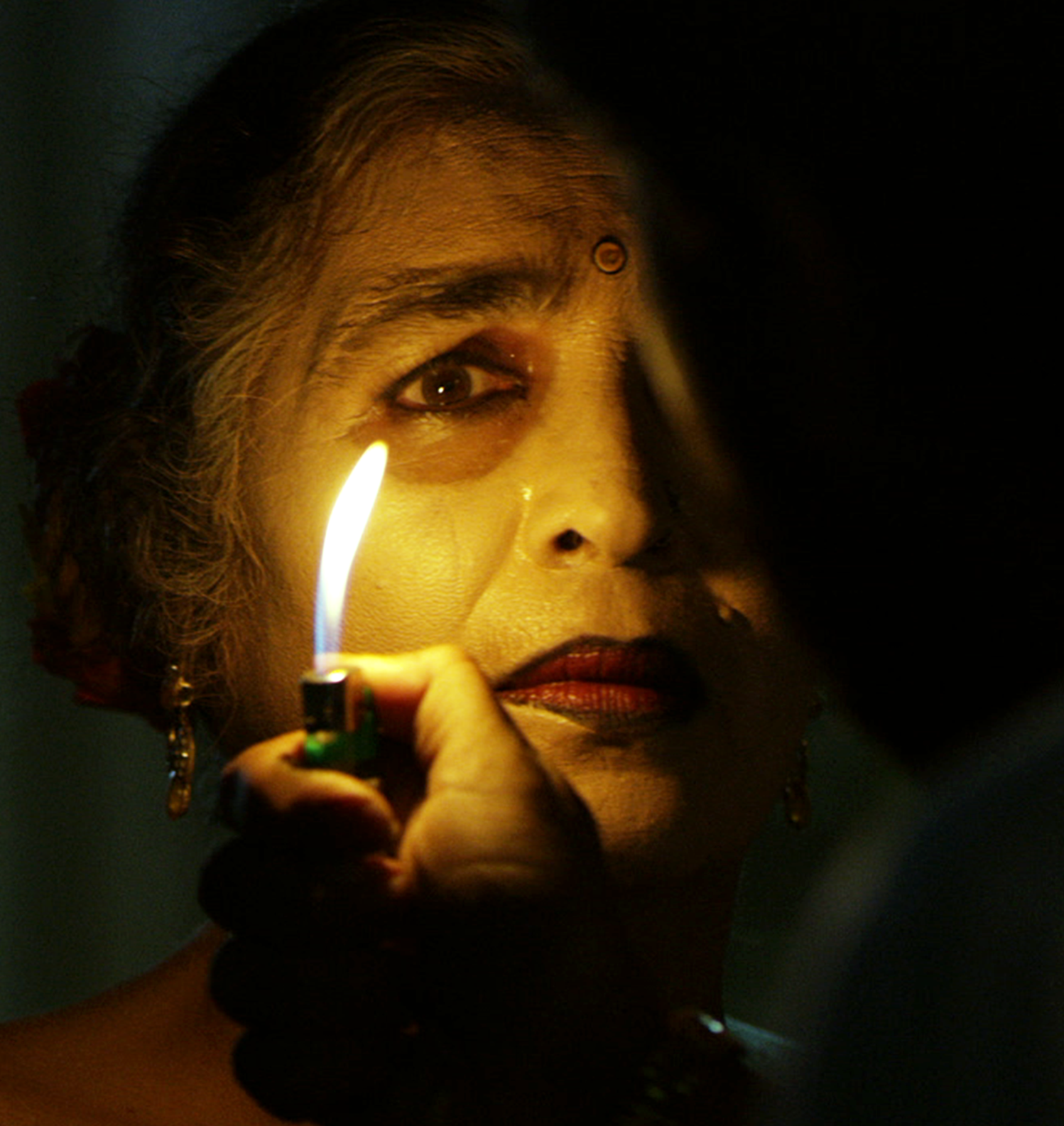
Do you think Government needs to change the way they deal with the crime of rape?
The process has started. I know women who have started taking a different approach towards rape. I think the system should learn something as to what they should do. And this patriarchal framework needs to change. It is difficult to do but it needs to change. That process should start.
Talking about ‘Savitri’, you have lived with that character for 27 years through your plays. How has that journey been like?
Savitri’s character has been totally different. She has been a representative of rural India. Because she was illiterate before marriage and then her husband taught her. So it is very inspiring. Whatever happened in 19th Century, whatever they have done like she led the funeral of her husband. There are some points that inspire you a lot. So an illiterate girl before marriage does such work after marriage. They have done a lot in the field of education and hence, it is very important. It’s a very rich experience for me.
A strongly opinionated, free-spirited, budding Bollywood journalist, she likes to write anything in her own quirky style. When not running around to get assigned tasks completed, you will find her either painting, indulging in photography or dreaming in the la la land.










